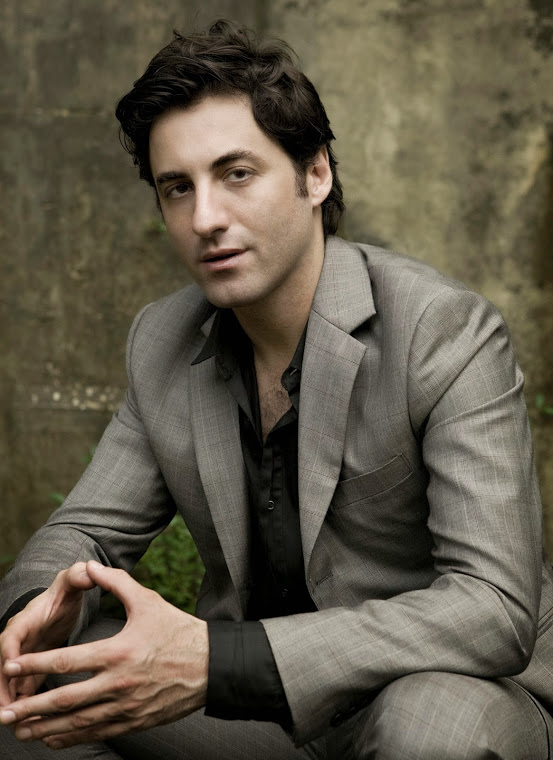The very opening of Erich Korngold’s violin concerto demonstrates why he was the premier film composer of the silver screen’s Golden Age. The solo violin’s upward-arcing first phrase climaxes, and lingers, on a note outside the main key, D major; that G-sharp wants—desires—aches to resolve up to the satisfying A, but the phrase instead collapses back down. (So close!) The violin tries again, reaching even higher—and at last settles into some kind of repose. The thwarted yearning in this eight-bar minidrama encapsulates all the romantic agony ever put onscreen by Warner Bros., the studio where Korngold was based from the mid-’30s to mid-’40s. This 1947 concerto came toward the end of his extraordinary career—which began as a supernaturally gifted child prodigy in Vienna and took a life-altering turn when Max Reinhardt asked him to come to L.A. to adapt the score for the director’s ravishing A Midsummer Night’s Dream. (The rise of the Third Reich, of course, was additional incentive.)
Philippe Quint (pictured), who’ll play the concerto this weekend with the Seattle Symphony, first encountered it via the classic recording by Jascha Heifetz (who premiered it in 1947), and immediately set to learn it. Quint’s own 2009 recording of the piece was nominated for a Grammy, so unsurprisingly he was the violinist invited to step in on two weeks’ notice when Hilary Hahn, the scheduled soloist, had to drop out. A fervent Korngold advocate, Quint sees him as the natural, and fully worthy, successor to the late-Romantic line of Wagner-Mahler-Strauss, calling him “one of the greatest musical minds” and pointing out that “It’s Korngold that created that Hollywood sound”—in other words, this concerto doesn’t sound like movie music; movie music sounds like it. (Though Korngold does repurpose a few themes from his Warner Bros. scores.) On his own recording, Quint brings the piece a slight nervous energy, a febrility, a plangent tone I haven’t heard in other renditions; it’s a sit-up-on-the-edge-of-your seat performance rather than a lie-back-and-wallow one, which the piece’s cushioned opulence invites. This may be because, Quint revealed to me in a phone interview, it’s a live recording. Considering this will be his Seattle debut and his first collaboration with conductor Ludovic Morlot, and that he’s the hero who saved Korngold for the SSO audience, the energy should get turned up higher still. Benaroya Hall, Third Ave. & Union St., 215-4747, seattlesymphony.org. $20–$125. 7:30 p.m. Thurs., Oct. 2, 8 p.m. Sat., Oct. 4.
gborchert@seattleweekly.com







